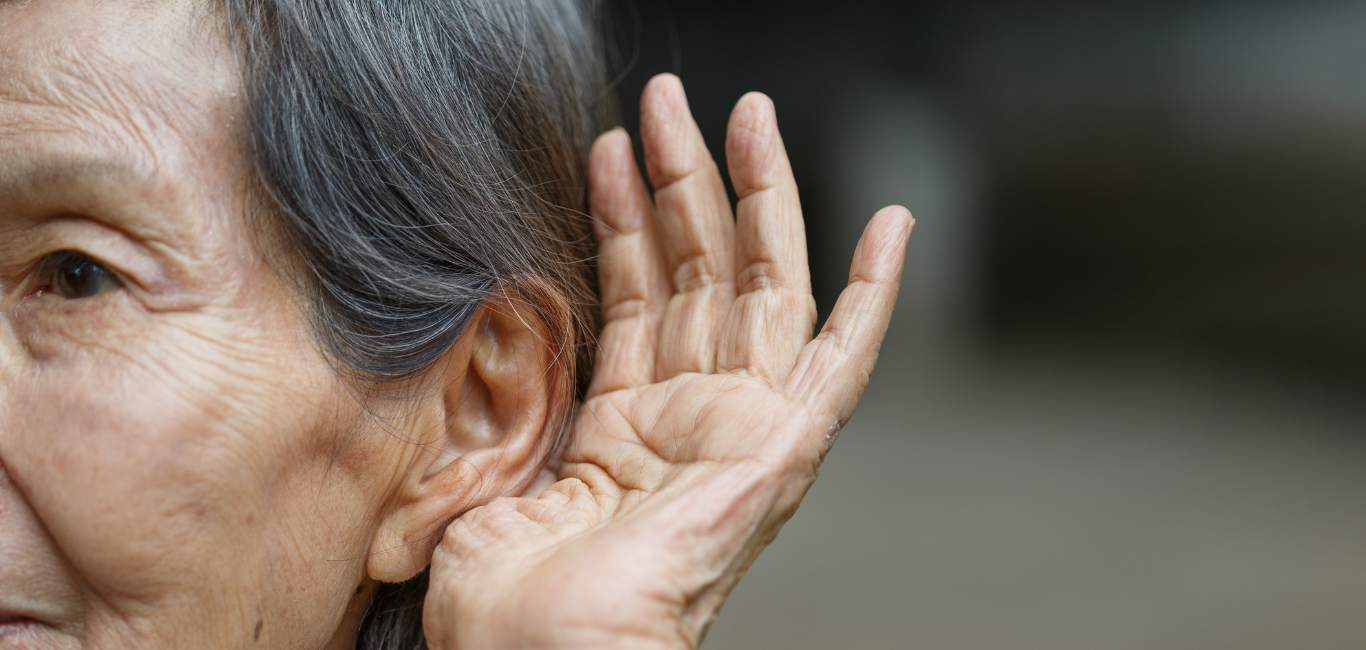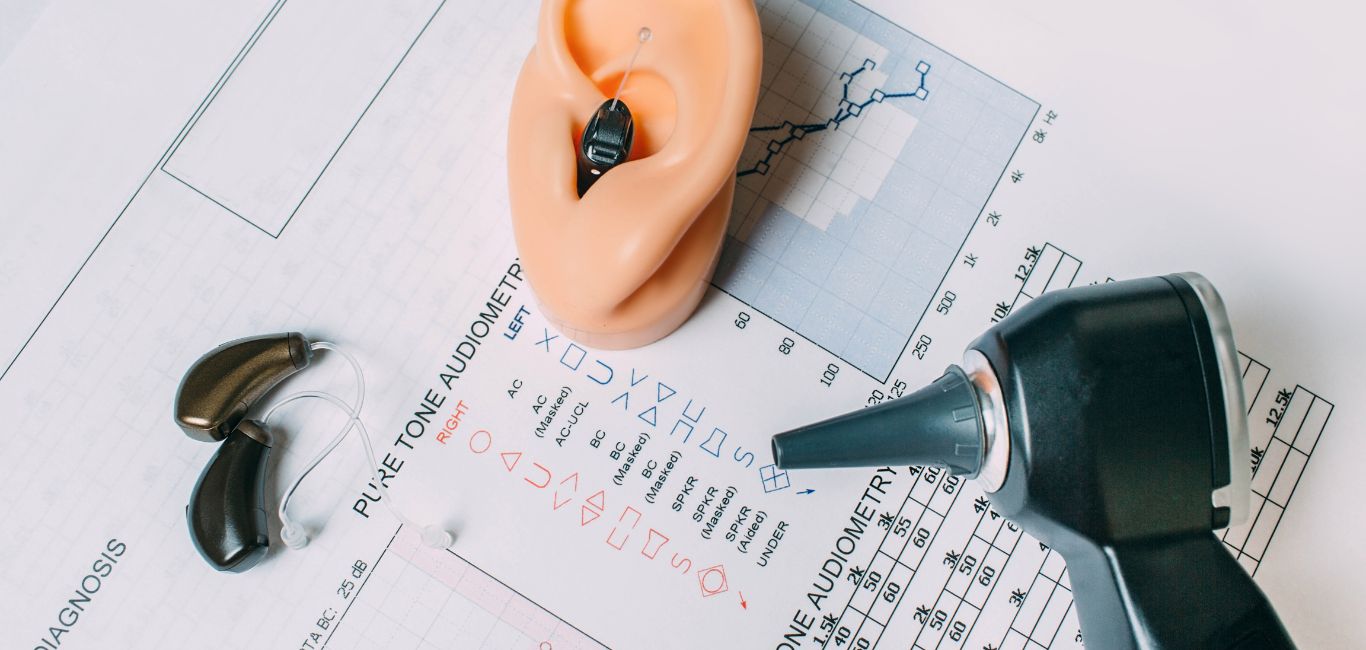
Cochlear implant is a surgically implanted electronic device that helps correct profound hearing loss. Experts recommend this device for those who cannot recognise speech or sound even with hearing aids. This was the case for Bengaluru-based Punyakirti B suffering from profound hearing loss (very little or no hearing).
Sathyanveshini JS, Punyakirti’s mother recalls the day in November 2003 when she found out her one and half-year-old daughter was not responding to noise. “It was Diwali and I realised something was wrong when she did not flinch to the sounds of crackers. We were shocked to know she had hearing loss.” She consulted ENT surgeons in Bengaluru and the most suitable option to treat Punyakirti’s hearing loss was cochlear implants.
That’s the first time her parents heard about cochlear implant. Punyakirti, now 21, runs her own startup selling homemade cakes and cookies. Punyakirti, also a sports enthusiast, is a BCom graduate. “She owes all her accomplishments to the cochlear implant and the team of doctors that guided us,” said Sathyanveshini.
What is a cochlear implant and who needs it?
“Cochlear implants are recommended for children when hair cells in the inner ear do not pick up the auditory receptors from the surroundings,” says Dr Neeraj Narayan Mathur, ENT surgeon, Amrita Hospital, Faridabad, Delhi NCR. He further explains that these implants compensate for the function of the hair cells and convert the auditory stimuli into electrical energy.
The device has two parts; one is placed inside the ear and the other, outside. They coordinate to recognise sound or speech and are held together by a magnet. American Speech-Language-Hearing Association elaborates that the sound processor transmits the signal to a receiver inside the ears. The implants can be fixed for one ear (unilateral) or for two ears (bilateral), say experts.

Dr Mathur emphasises early intervention (ideally before three years of age) can help in enhancing the nerve connections in the brain as neuroplasticity (ability of the neural networks to adapt to change and grow) slows down with age.
Tests for diagnosing profound hearing loss
Dr Mathur strongly recommends newborn screening tests as it helps detect early signs of hearing loss in newborns. “The newborn screening test includes BERA (Brain stem evoked response audiometry) test to assess the hearing threshold and the OAE (Otoacoustic emissions) test that measures the hair cell function in the inner ear.”
Before surgery there are few mandatory tests that is recommended by Food and Drug Administration (FDA), US:
- Ear examination for signs of infection or abnormality
- Audiogram, a hearing test to assess the child’s listening ability for varied sound frequencies
- Hearing-aid trials
- CT scan and MRI to evaluate middle and inner ear structures
Speech intervention after cochlear implant
Dr Sheetal Radia, Oncosurgeon, Wockhardt Hospitals in Mumbai explains, cochlear implant surgery alone will not help. Hearing after implant surgery is a long process. “Speech therapists play a crucial role in this process.” She adds, “One requires at least six months of speech and hearing therapy.”
The younger the child, the better acclimatisation to the device, say experts. Punyakirti underwent 10 months of speech and hearing therapy after her cochlear implant surgery at eight years of age. Sathyanveshini adds that Punyakirti’s early exposure to language and speech at eight years of age helped her in easy acclimatisation to the device.
To understand her daughter’s condition better and help her, Sathyanveshini did a diploma course in speech and hearing. It helped her to continuously mentor and enhance Punyakirti’s potential for language development and social skills. “I would repeatedly use the words used in her textbooks in every day contexts. Repetition largely helped Punyakirti improve her language skills.”
Can profound hearing loss be corrected with a cochlear implant?
Dr Radia explains that the procedure of cochlear implant corrects hearing loss, but many parents have concerns. The procedure involves opening the skull which is the main reason for parents to opt out of surgery for their children. She adds, “Counselling the parents and bringing awareness of the procedure is a must before surgery. It helps build confidence in the procedure for parents.”
Sathyanveshini also states that the family delayed the implant largely due to fear of the surgical procedure. “In due course, after talking to parents whose children underwent successful surgeries and counselling from doctors helped us take this big step,” she tells Happiest Health.
Since then Punyakirthi has participated in sports, co-curricular activities and has started her own baking venture at 21. Life became better for Punyakirti largely due to the cochlear implant, says her mother.
“While most surgeries are successful, in rare cases it can weaken or paralyse the facial nerve,” says Dr Mathur.
Follow-ups after cochlear implant surgery
Dr Radia explains, “Follow ups are crucial post-surgery. These visits taper gradually. One is expected to visit weekly after surgery. This is reduced to once a month and eventually to annual visits.” Punyakirti, who has successfully been using the cochlear implant for 15 years, visits the doctor annually to ensure the device is intact.
Takeaways
- Experts recommend cochlear implants for babies born with profound hearing loss and adults who are hard-of-hearing.
- After the implant, speech rehabilitation is vital to fine tune speech and language skills.
- Parental awareness and counselling plays a role in early intervention.

















